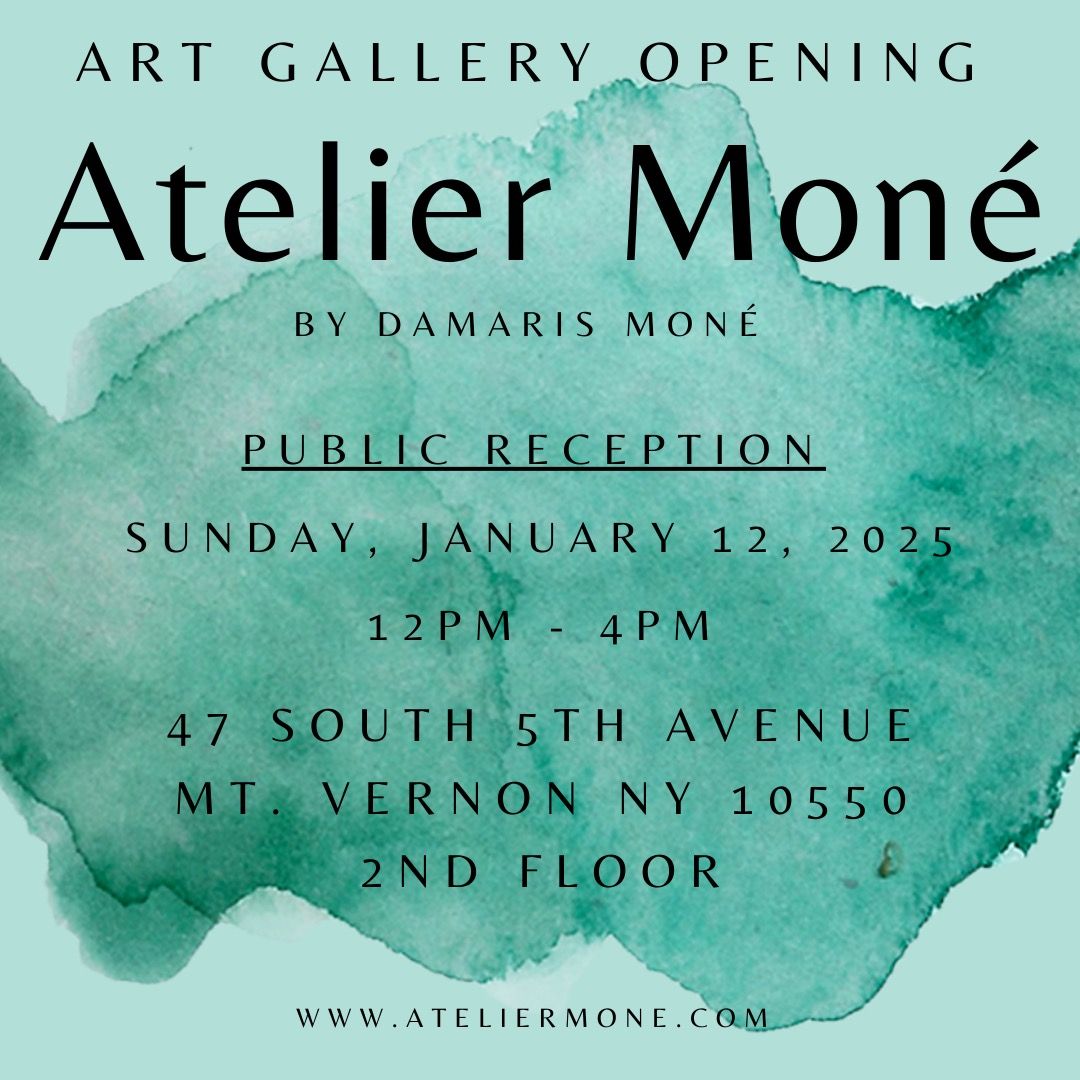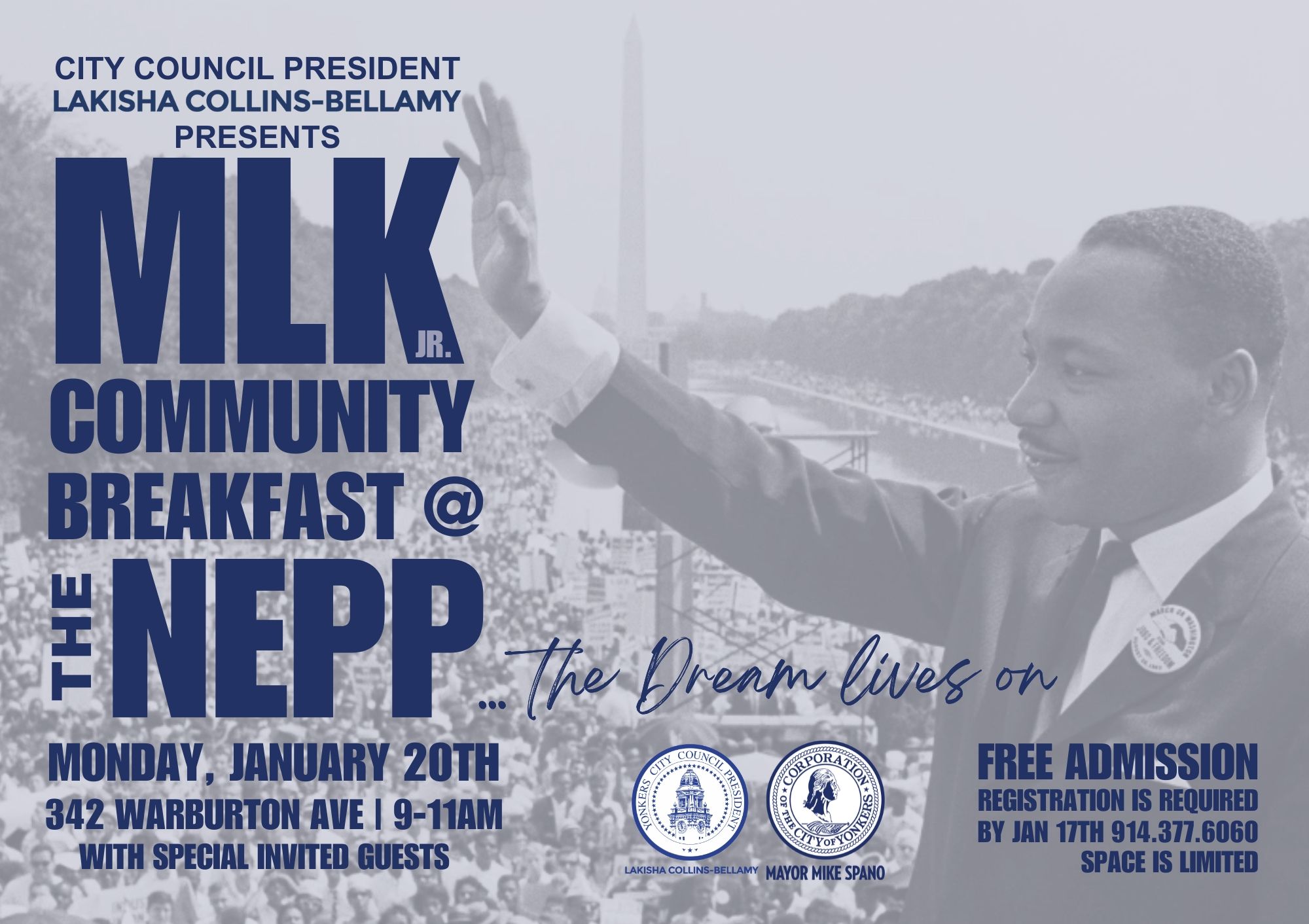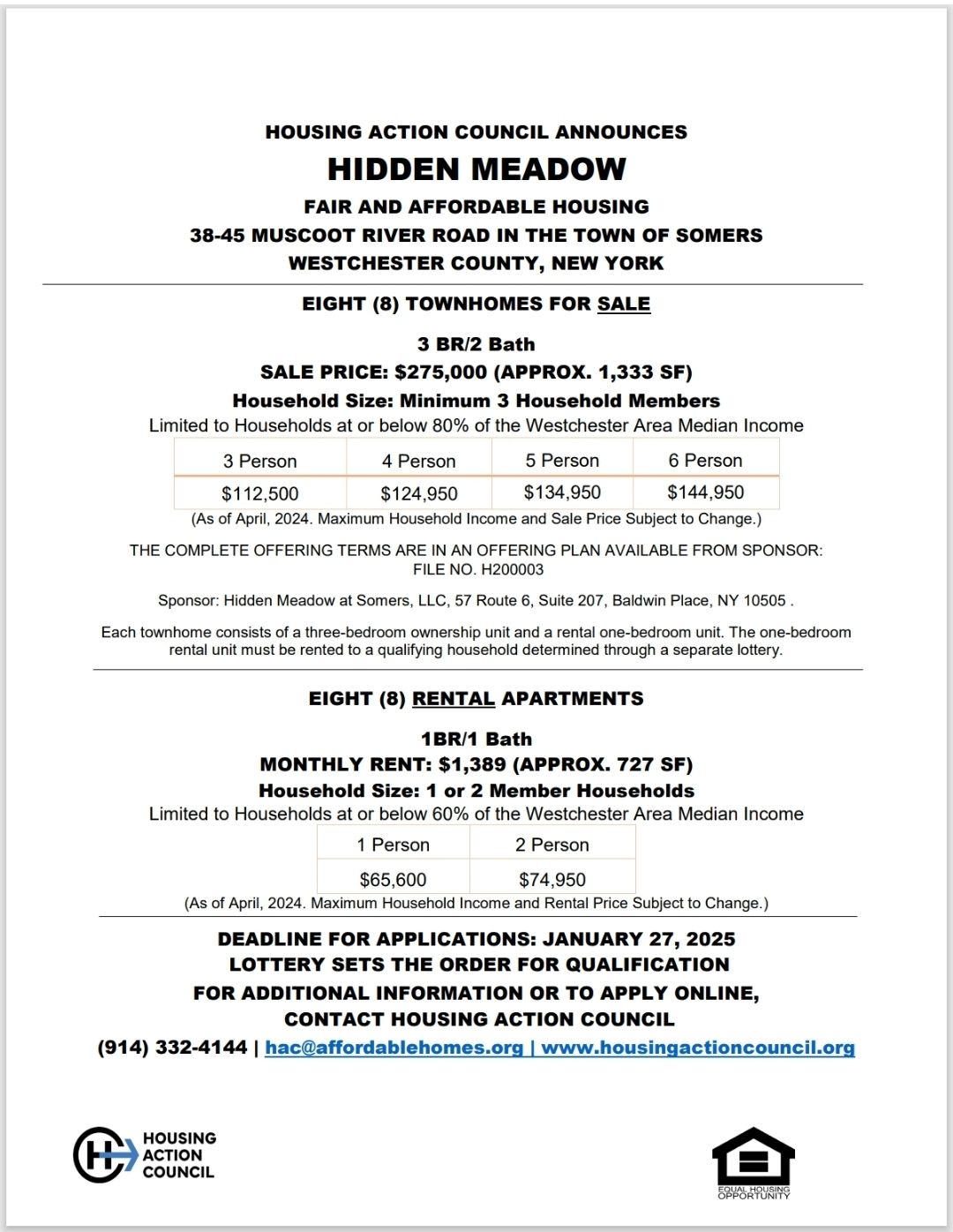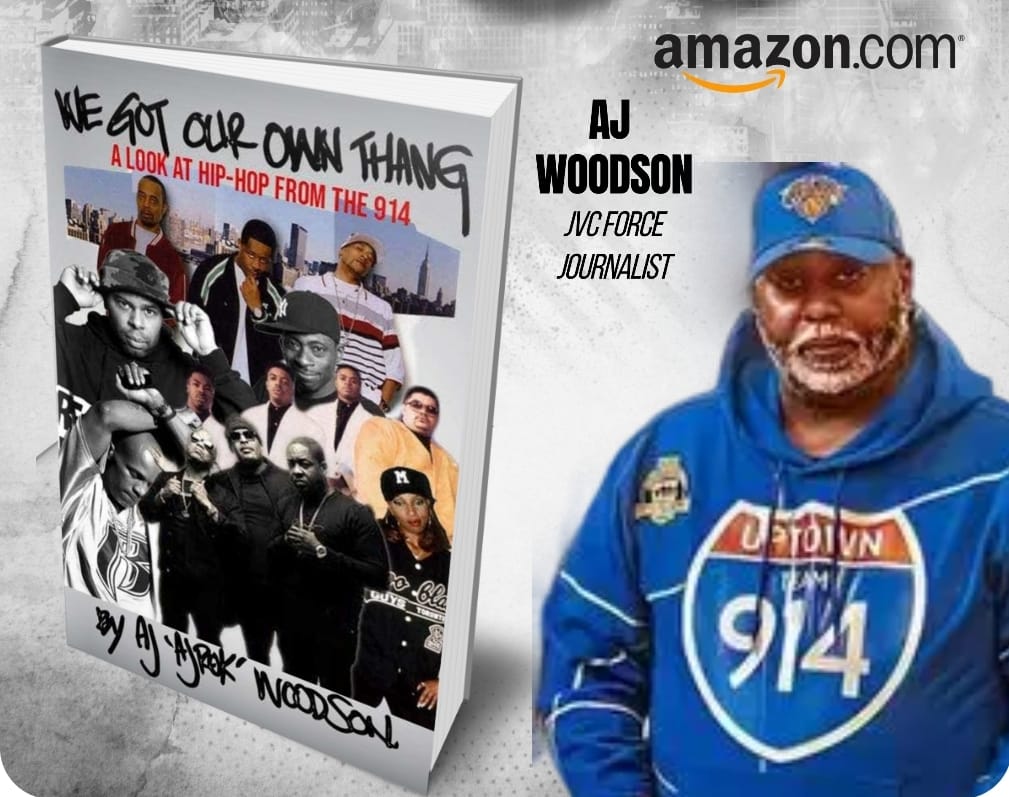Donald Trump’s recent election to the presidency despite facing 35 felony charges has left many outraged, confused, and frustrated. But instead of directing our energy solely toward criticizing this development, we should seize this moment to confront a deeper, systemic issue: the disproportionate impact of felony convictions on the lives of millions, particularly Black men. If a man can become President of the United States while under indictment, why should anyone with a felony conviction be barred from housing, jobs, or full participation in society?
For decades, felony convictions have carried a life sentence of stigma for the average American. A criminal record locks people out of employment, housing, and even voting rights in many states. These barriers are particularly brutal for Black men, who are overrepresented in the criminal justice system due to systemic inequalities. This has created a devastating cycle of poverty and disenfranchisement, not just for individuals, but for entire communities.
The fact that Trump could rise to the highest office in the land highlights a glaring hypocrisy. While millions of Americans struggle to rebuild their lives after serving their sentences, the rules seem to bend for those with wealth and influence. Trump’s ability to campaign, command media attention, and ultimately win, despite his legal woes, should force us to ask an important question: Why are we so willing to forgive some people and not others?
Can We Blame White Privilege or the Status Quo?
This moment forces us to ask tough questions: Is this disparity a product of white privilege? The status quo? Or the legacy of outdated laws that neither Democrats nor Republicans have had the political courage to confront?
Michelle Alexander, author of The New Jim Crow, puts it succinctly: “Today, it is perfectly legal to discriminate against criminals in nearly all the ways it was once legal to discriminate against African Americans — in employment, housing, voting, education, public benefits, and exclusion from jury service. We have not ended racial caste in America; we have merely redesigned it.”
This “redesign” is evident in the way felony convictions disproportionately impact Black men, perpetuating a racial caste system that denies them access to fundamental rights and opportunities. It is also evident in how public perception treats white-collar crimes or politically charged indictments differently from the lived experiences of everyday Americans with felony records.
Changing the Laws and Perceptions
This moment is not just about Trump—it’s a call to rethink how our society treats those with felony convictions. If being under indictment isn’t a barrier to holding the most powerful office in the world, why should a felony conviction prevent someone from securing a job as a teacher, mechanic, or office worker? Why should it block access to housing, education, or the right to vote?
Policies that strip opportunities from people with criminal records disproportionately harm Black men. One in three Black men will face a felony conviction in their lifetime. After serving their time, many find themselves permanently excluded from meaningful employment, making it nearly impossible to reintegrate into society. The irony is glaring: we demand accountability from these individuals while simultaneously denying them the tools they need to succeed.
Solutions Are Within Reach
Here’s how we can start dismantling these barriers:
- Ban the Box: Prohibit employers from inquiring about criminal records on job applications, ensuring everyone gets a fair shot at employment based on their skills and qualifications.
- Restore Voting Rights: End felony disenfranchisement laws that disproportionately silence Black voices in the political process.
- Reform Housing Policies: Prevent landlords from discriminating against individuals with criminal records, providing stable housing as a foundation for reentry.
- Invest in Education and Training: Create programs that offer skills training, education, and resources tailored to those reentering society after incarceration.
- Challenge Social Stigma: Launch public awareness campaigns to humanize people with criminal records and emphasize their potential contributions to society.
The President as a Precedent
Trump’s election sets a precedent, whether we like it or not. If the country is willing to trust someone with multiple indictments to lead the nation, it must also be willing to extend grace and opportunity to the millions of Americans burdened by felony convictions. Fairness demands that we remove arbitrary barriers to employment, housing, and civic participation for all.
Instead of progressives and the left pointing fingers and complaining about Trump’s felonies, they should use this moment to fight to change state and federal laws. For far too long, we have faced an unjust justice system where simply being arrested creates a permanent stigma. A felony conviction can disqualify you from good civil service jobs like firefighting, teaching, or law enforcement. Still, somehow, it doesn’t disqualify you from becoming President, with control over nuclear weapons and the military. This is social hypocrisy at its finest.
Michelle Alexander’s words remind us of the underlying truth: we have not dismantled racial caste systems, merely rebranded them. If Trump’s presidency proves anything, it’s that the rules we apply to some can be changed for all. Let’s turn this glaring inconsistency into a movement for justice, equity, and second chances. If you can be President of the United States, there should be no job you can’t qualify for. It’s time to ensure that justice and opportunity are universal—not privileges reserved for the few.






